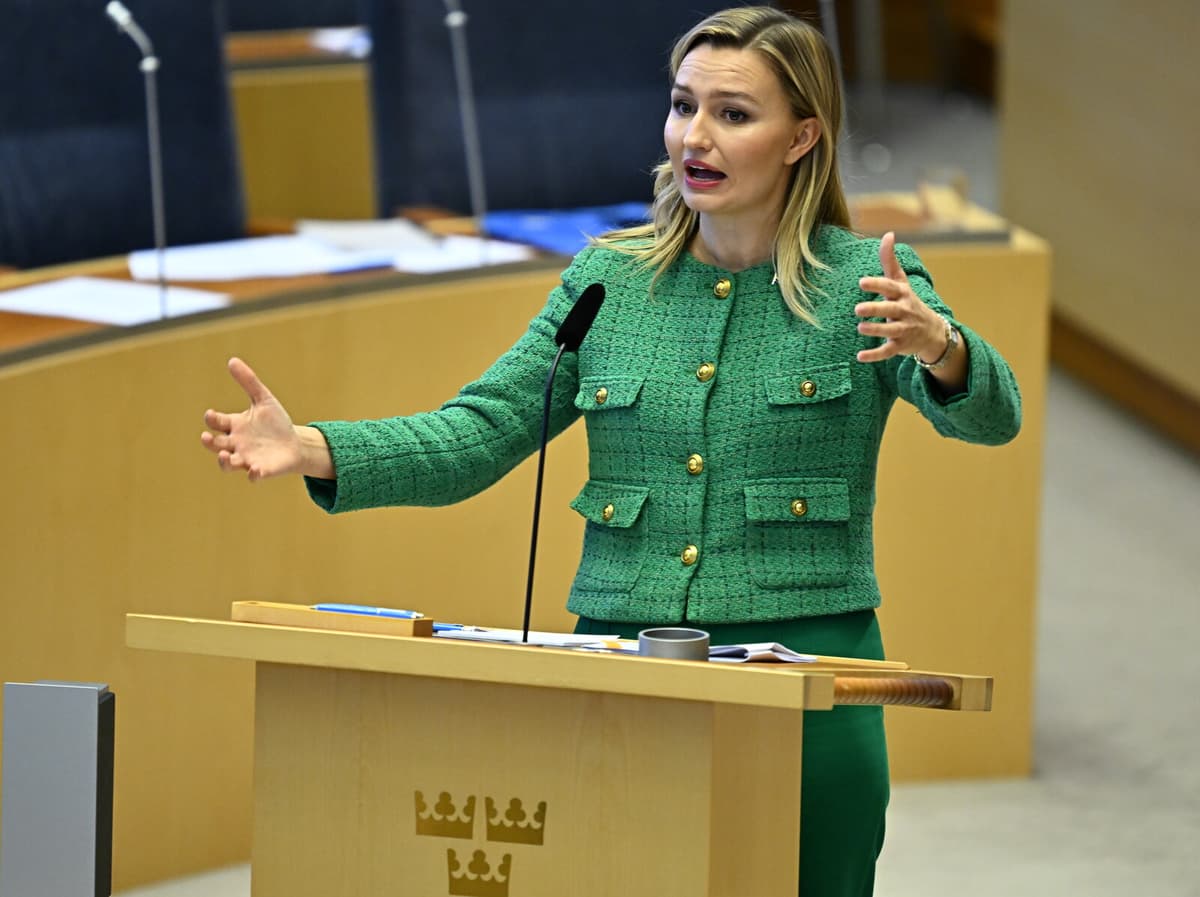The new model – so-called flow-based capacity calculation – is intended to make electricity transmission smarter. It is scheduled to be introduced in the Nordic countries on October 29.
However, the model, which is intended to make electricity markets within the EU more harmonized, has been criticized by experts, producers, and consumers alike.
Svenska kraftnät's own test run has shown that Sweden as a country will come out as a loser with higher electricity prices with the new model.
Cannot Ignore
Ebba Busch, Minister for Energy and Industry, understands people's concerns about getting a high electricity bill in winter, but wants to calm them down.
It is very positive that the latest forecast indicates that the electricity bill will be lower in winter, compared to earlier.
For all electricity areas?
Yes. This is an EU law that was decided upon during the previous red-green government. And we cannot ignore implementing it, it will happen simultaneously with all Nordic countries.
The new model corresponds to 40-50 billion kronor in investments in more electricity grid, according to Busch.
It is also important for households.
Quarrel in Brussels
But could they have waited until spring, now during winter, electricity prices may go up?
This is also during winter when we have the greatest need to transfer and balance the system. It is the authority's assessment that it needs to happen now, it needs to happen simultaneously with the other Nordic countries.
Svenska kraftnät will receive a new assignment to evaluate the effects, and if the electricity transmission model does not turn out well, Ebba Busch will quarrel in Brussels, she says.
Then we will certainly make a big fuss within the EU and push for another model in such cases, she says.
For we stand on the side of households, not on the side of EU legislation.
The Social Democrats, on the other hand, think that the government should pause the new model until it is fully evaluated.
One should pause to make a broader analysis than the one that has been done. For Sweden's part, this does not look good, says Fredrik Olovsson, energy policy spokesperson for the S, and worries about higher electricity prices.






